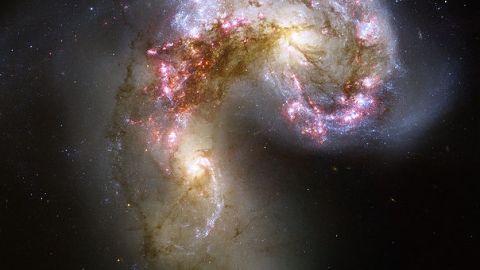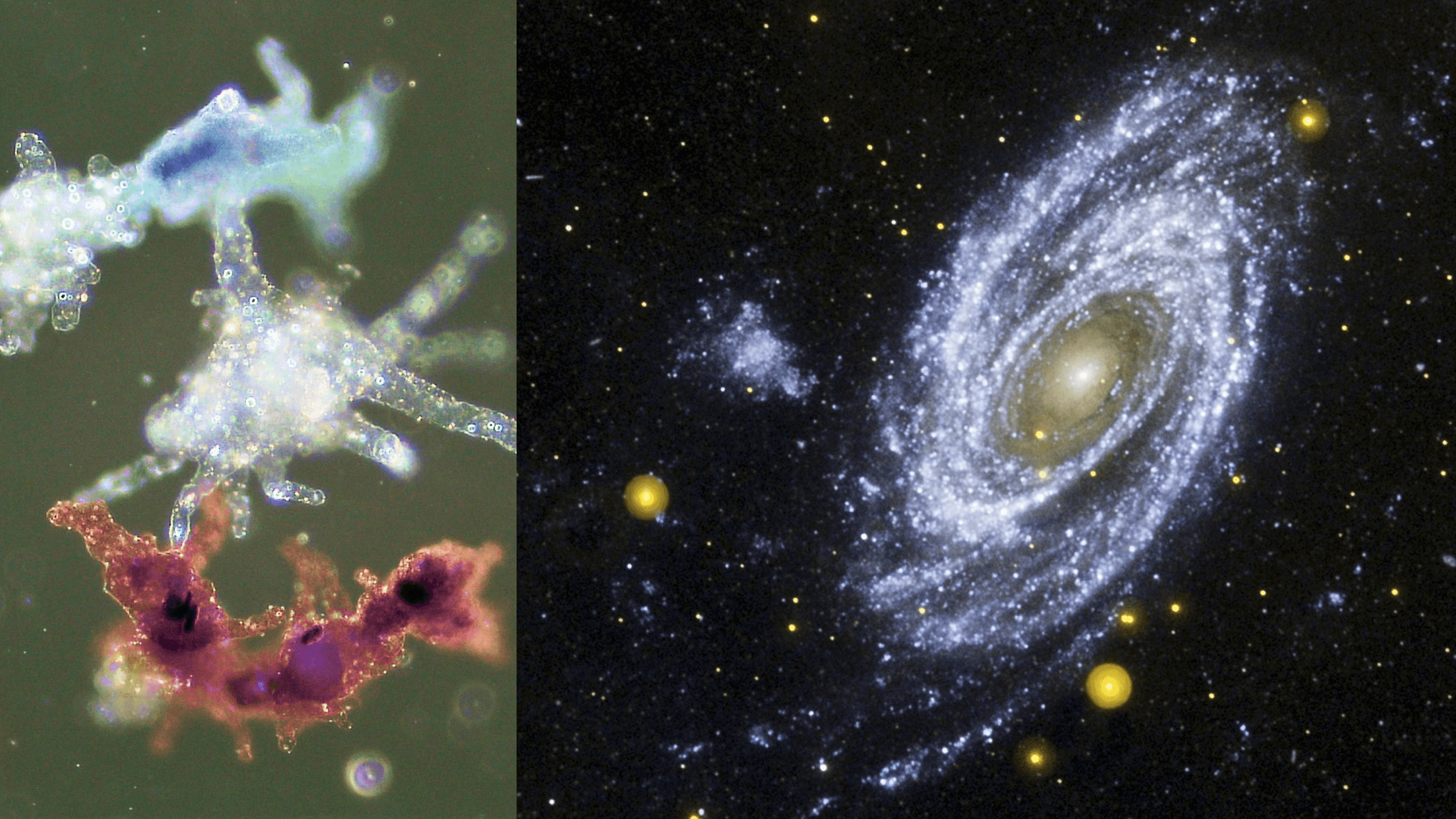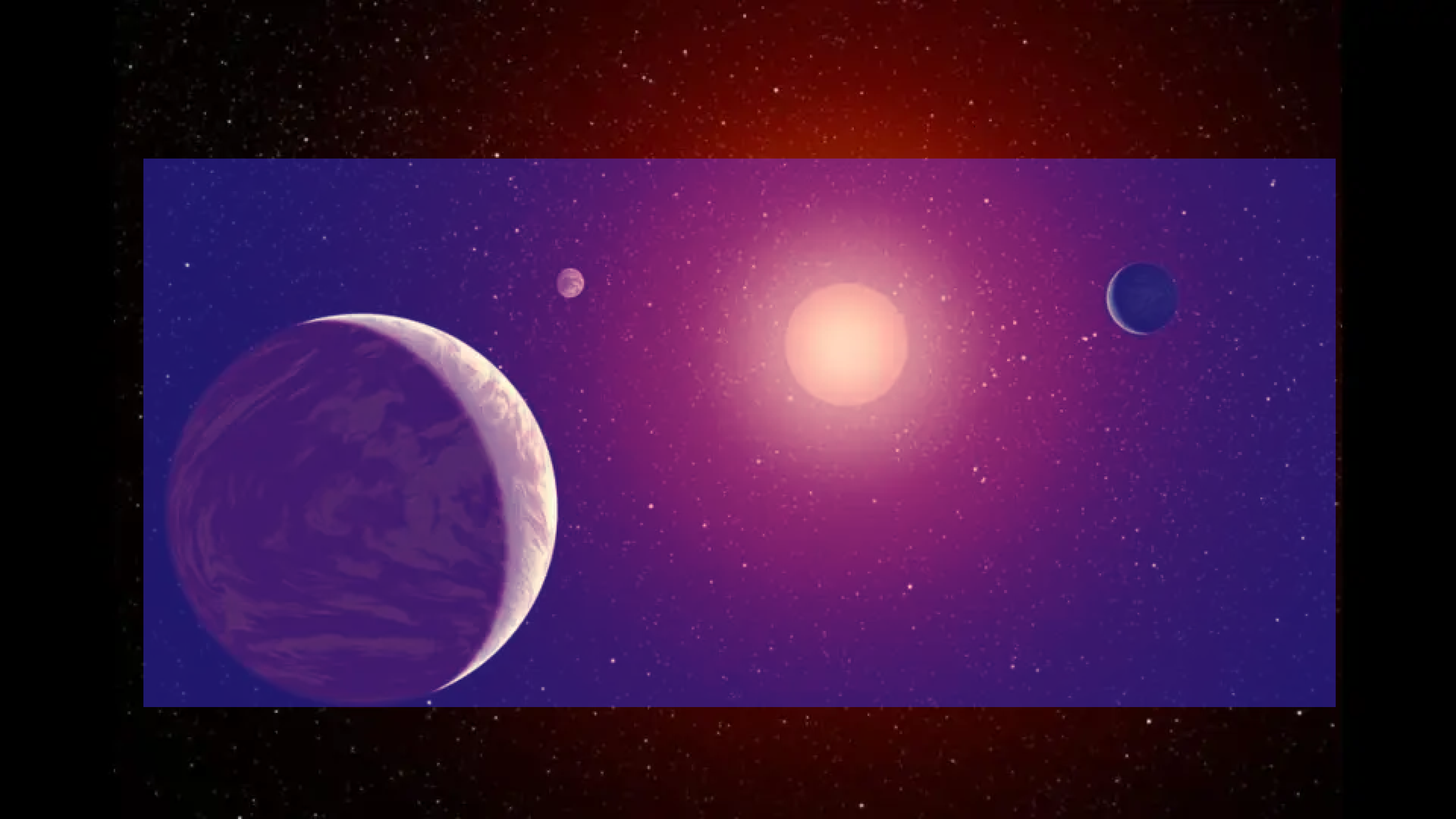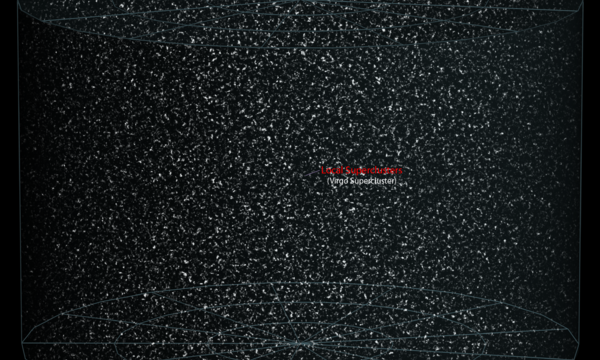New Analysis: We Are Alone in the Universe

What’s the Latest Development?
Astrophysicist David Spiegel at Princeton University and physicist Edwin Turner at the University of Tokyo argue, using a statistical method called Bayesian reasoning, that life here on Earth could be common, or it could be extremely rare—there’s no reason to prefer one conclusion over the other. “It took at least 3.5 billion years for intelligent life to evolve on Earth, and the only reason we’re able to contemplate the likelihood of life today is that its evolution happened to get started early. This requisite good luck is entirely independent of the actual probability of life emerging on a habitable planet.”
What’s the Big Idea?
While Spiegel and Turner’s analysis doesn’t disprove the existence of alien life, it does argue that we have no good reason to think there is life beyond our own planet. The likelihood of another planet producing life is independent of the success of ours, say the physicists. “‘Although life began on this planet fairly soon after the Earth became habitable, this fact is consistent with … life being arbitrarily rare in the Universe,’ the authors state. In the paper, they prove this statement mathematically.”




